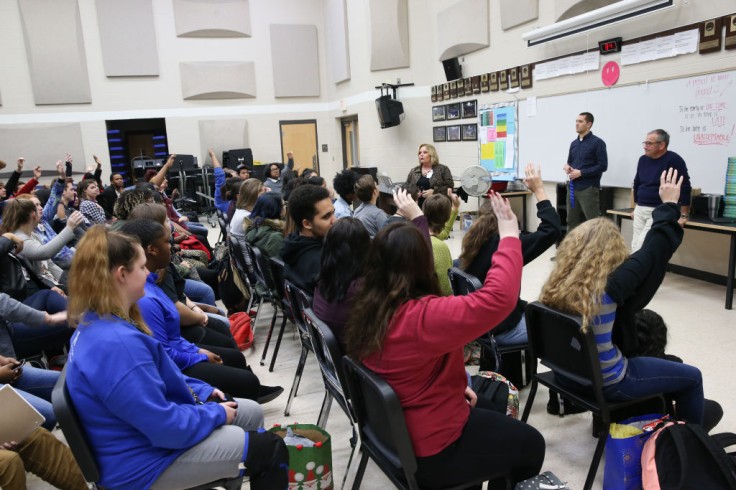
A 17-year-old student, identified in court documents only as I.P., from Tullahoma High School in Tullahoma, Tennessee, is taking legal action against Tullahoma City Schools and two top school officials.
The student is suing over a three-day suspension he received after posting satirical memes about the former principal, Jason Quick, on his public Instagram account while not on campus.
The lawsuit, filed in U.S. District Court for the Eastern District of Tennessee on July 19, alleges a violation of the student's First Amendment rights, raising questions about the boundaries of school authority over students' social media use.
Student's Satirical Memes Trigger Suspension
The Guardian reported that in 2022, I.P., a senior student at Tullahoma High School, posted three satirical memes featuring the former principal, Mr. Jason Quick, on his public Instagram account.
None of the memes were uploaded during school hours or while the student was on campus.
One meme humorously depicted Mr. Quick holding a box of vegetables with text that said, "like a sister but not a sister <33."
Another portrayed the former principal wearing a dress, cat ears, and whiskers, while a third showed Mr. Quick's face superimposed on a video game character being embraced by a cartoon bird.
The student intended the images to satirize Mr. Quick's perceived "overly serious demeanor."
Suspension and Legal Action Sparked
According to NBC News, the situation escalated when the student was informed of a five-day suspension by Mr. Derrick Crutchfield, an assistant principal, after a meeting with Mr. Quick.
The suspension was later reduced to three days, equivalent to the punishment for students involved in a physical fight.
However, the Foundation for Individual Rights and Expression (FIRE), a free-speech advocacy group, defended the student's actions, stating that the memes were intended as "tongue-in-cheek commentary satirizing a school administrator perceived as humorless."
With the support of FIRE, I.P. filed a lawsuit against Tullahoma City Schools, Mr. Quick, and Mr. Crutchfield.
The lawsuit asserts that the First Amendment protects public school students' expression, particularly when it occurs off-campus and does not disrupt the school environment.
The student's legal team seeks to expunge the suspension from his record and pursue unspecified monetary damages through a jury trial.
Social Media Policy and First Amendment Rights
A crucial point of contention in the lawsuit centers around Tullahoma High School's social media policy, which allows for the discipline of students who engage in "unbecoming" social media use or distribute content that is "embarrassing, demeaning, or discrediting" to students or staff members.
According to The New York Times, Conor Fitzpatrick, the lead lawyer representing the student, argues that as long as the posts do not cause a substantial disruption to the school day, the school does not have the right to censor students' off-campus expression.
This legal battle is not an isolated incident, as courts in the United States have previously ruled on the extent of schools' authority over students' behavior outside of school premises and hours.
In 2021, the Supreme Court ruled in favor of a student whose First Amendment rights were violated when she was suspended from the cheerleading squad due to a Snapchat post made off-campus.
As the lawsuit proceeds, it will confront the delicate balance between protecting students' First Amendment rights and maintaining order within the educational environment.
The outcome of this case may have implications for other schools and their social media policies.
It serves as a reminder that in an age of ever-evolving digital communication, schools must carefully navigate the boundaries of their authority to ensure that students' constitutional rights are respected while also addressing potential disruptions or harm caused by online behavior.